So let's imagine that statewide adoption of Bitcoin continues to spread from Central America and South America until it's the world's reserve currency. What would be the economic effects of a fixed, deflationary currency. Could this create a new form of mercantilism in the modern age?
For those who don't know what mercantilism was, it was an eighteenth century economic theory centered around the scarcity of wealth (particularly gold). The idea was that because there was only a fixed amount of gold in the world, global trade was a zero sum game. In order to win this game, a nation had to export more than it imported, thus hoarding more gold and having more wealth than other nations.
So, if Bitcoin is the world's store of wealth and there's only a fixed amount, could you see this causing a revival of mercantilist economic theory? Perhaps states and institutions might start to hoard as much bitcoin as possible and it could lead to extreme economic protectionism, tariffs, and limit free trade?
I'm honestly just thinking aloud here and don't have a fully formed opinion on the matter so I'd love to hear some more perspectives! Thanks!
[link] [comments]

You can get bonuses upto $100 FREE BONUS when you:
💰 Install these recommended apps:
💲 SocialGood - 100% Crypto Back on Everyday Shopping
💲 xPortal - The DeFi For The Next Billion
💲 CryptoTab Browser - Lightweight, fast, and ready to mine!
💰 Register on these recommended exchanges:
🟡 Binance🟡 Bitfinex🟡 Bitmart🟡 Bittrex🟡 Bitget
🟡 CoinEx🟡 Crypto.com🟡 Gate.io🟡 Huobi🟡 Kucoin.
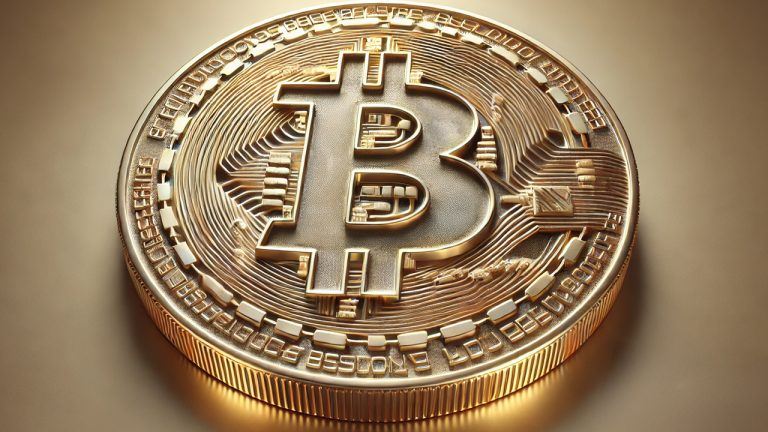
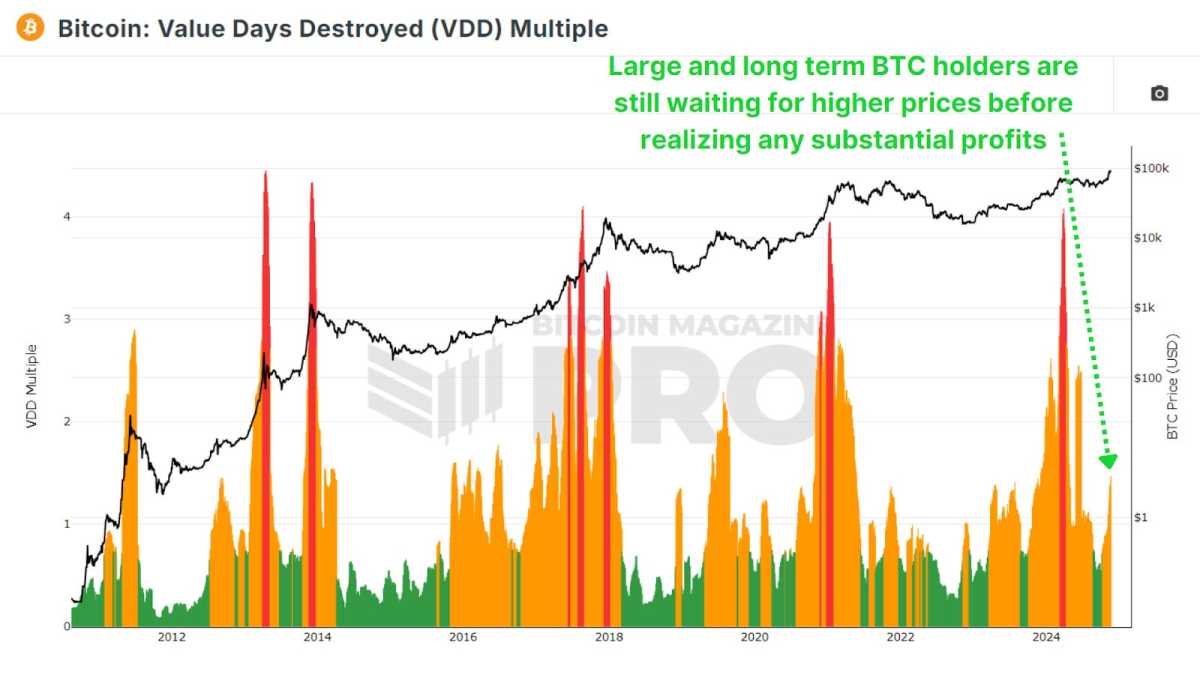
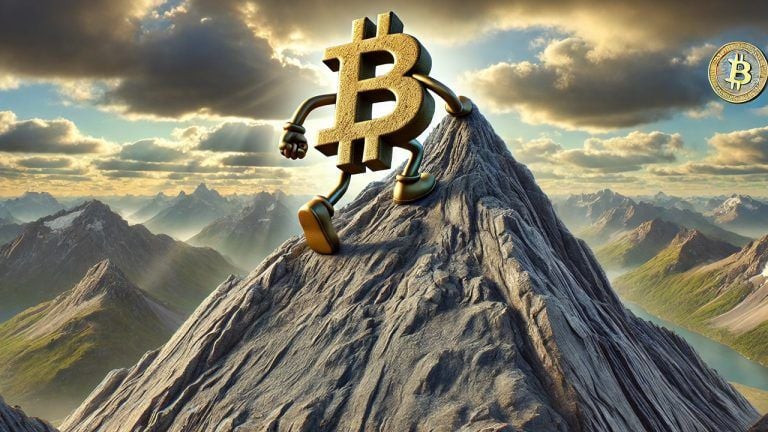







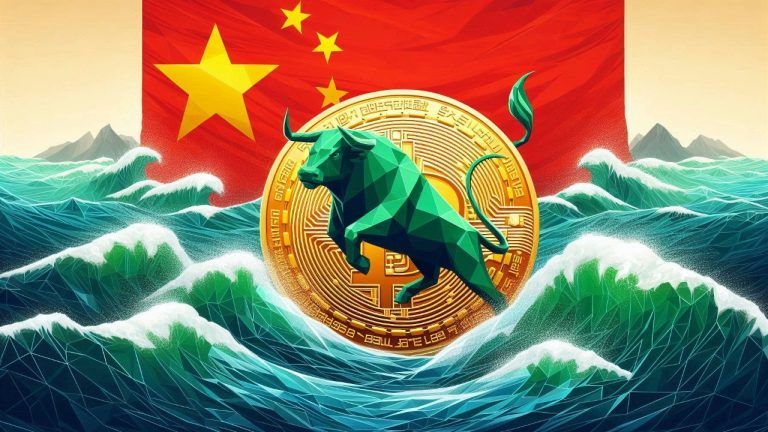

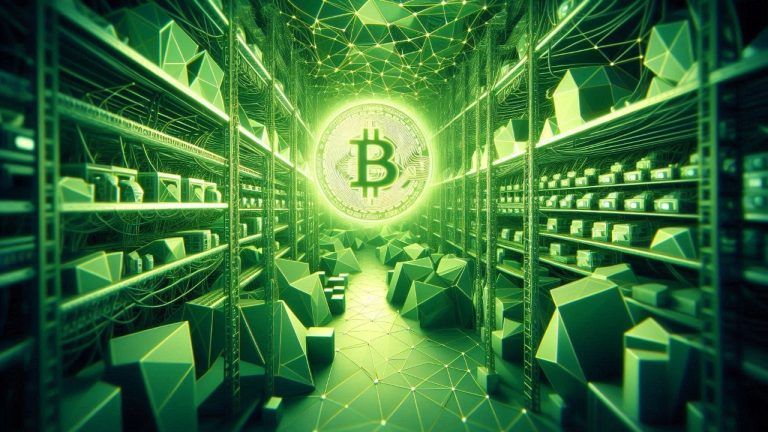
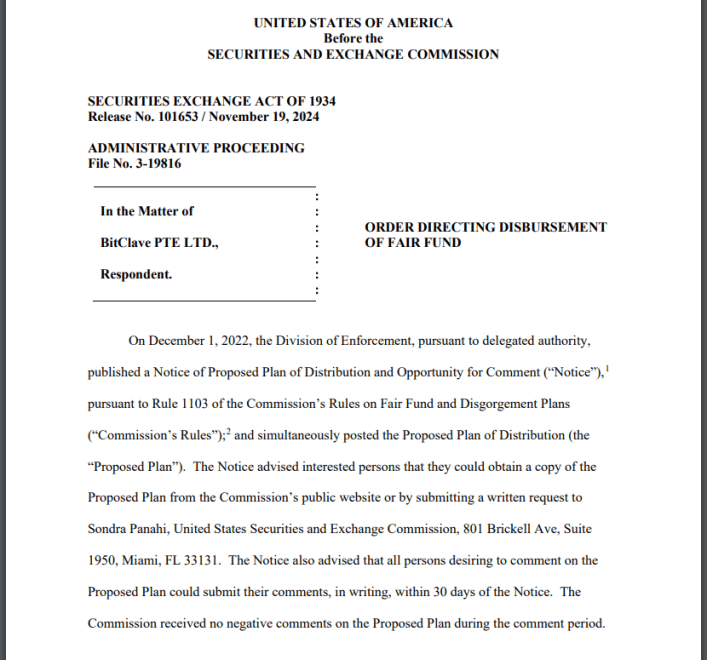

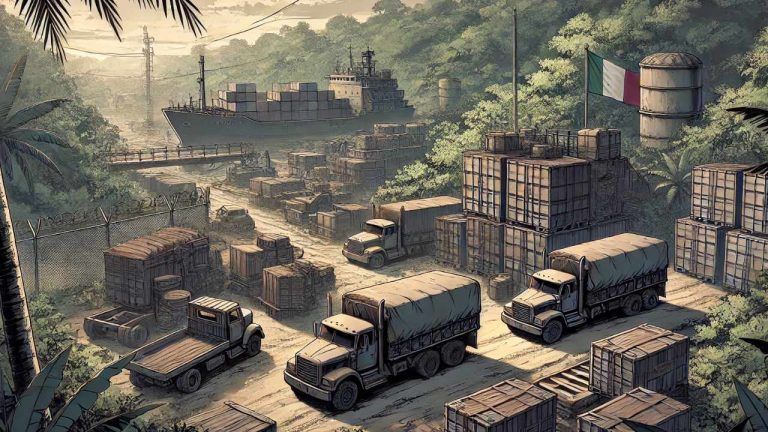




Comments